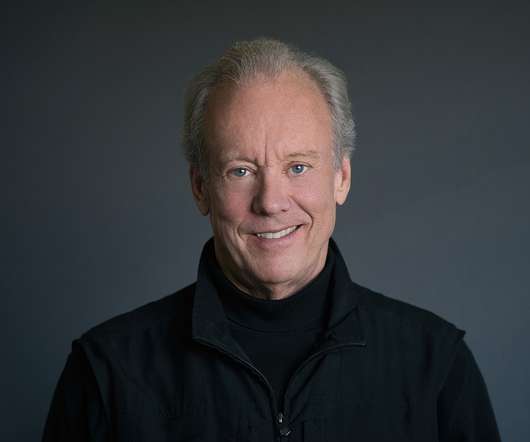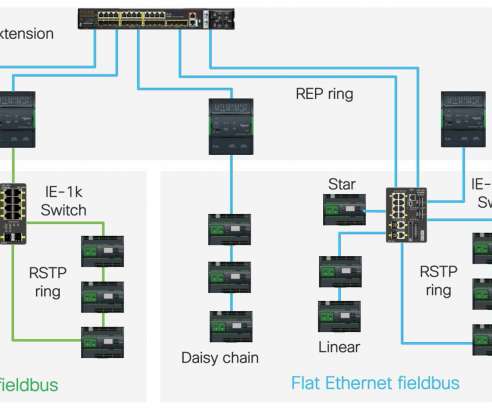Academic Institutions Achieving LEED Certification
Environment + Energy Leader
FEBRUARY 3, 2023
Currently, 163 Institutions of Higher Education are members of the United States Green Building Council (USGBC), a non-profit organization that was founded in 1993 with the goal of promoting sustainability in the built environment. The post Academic Institutions Achieving LEED Certification appeared first on Environment + Energy Leader.












Let's personalize your content